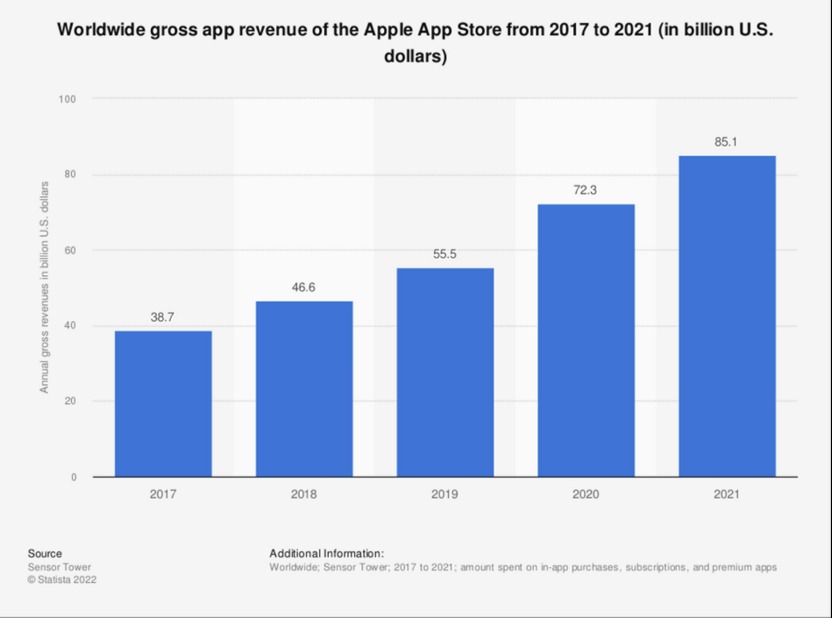Mirror World has emerged as a Web3 mobile infrastructure project for forward-thinking crypto projects that focuses on cross-platform development as well as helping game teams roll out crypto dApps.
NEW YORK CITY, NEW YORK, March 03, 2023 (GLOBE NEWSWIRE) -- At ETH Denver, a giant bubble ball labeled "Save Your Margin" drew a lot of attention. With a lot of symbolic graffiti, a large amount of money encased in the bubble ball made a profound visual impact on the developers on site. Upon closer inspection, this unique installation art was revealed to be the creation of Mirror World, an all-in-one development platform.
In the latest development, Mirror World offers a smart platform that helps developers develop, grow and monetize their blockchain applications. Blockchain mass adoption is becoming increasingly possible as blockchain technology matures and more platforms emerge to help developers lower the entry barrier to Web3 development and increase user switching, such as Smart Platform by Mirror World.
The Smart Platform offered by Mirror World seeks to help all developers accelerate their ability to innovate applications through better use and the further integration of applications and blockchain technology. Using Mirror World's Smart Platform, developers will be able to develop a multi-site quickly (Mobile & PC) blockchain application. By giving value to their assets, combined with the interoperability and liquidity provided by the blockchain, developers will get their revenue back and be able to feed their core community and ecosystem to continue on this long road to fight against Big Tech.

The combination of both blockchain technology and mobile applications can take this vision even further. This is because the global penetration of mobile devices, the commercialization of mobile applications, and the maturity of product content distribution have unparalleled advantages over other application terminals. Users can download and experience a mobile application very easily and directly. The main resistance is from the distribution of applications, the rules of distribution, and the extraction of developers' in-app revenue mobile distribution from platforms such as Apple Store and Google Play.
The revenue distribution model that exists in walled gardens has been in place for over a decade, and platforms like Apple's App Store have made some adjustments to that ratio. At the same time, in the face of the impact of new blockchain technology, the strengthening of users' awareness of asset ownership, and the transformation of asset purchase methods.
Apple charges a 30 percent fee for any digital product or service sold on the App Store and mandates that all apps sold through the App Store use its internal payment system, forcing the hand of developers.
When the Apple Store was released in 2008, it offered about 500 different apps for the iPhone and iPod Touch, and in 2021, the App Store has grown to nearly 2 million apps, with nearly 99.99% coming from third-party developers. This shows that as the Apple Store ecosystem grows, Apple is no longer the primary provider of app content; more apps are being built by third-party developers, and more and more of its revenue is being contributed by developers.

Worldwide gross app revenue of the Apple App Store from 2017 to 2021, Source: Statista
At the same time, a significant percentage of the revenue developers receive is spent on advertising and marketing to gain more users and conversions. Still, this revenue is then invested in Apple's ecosystem. So for developers, they contribute the core content of the entire ecosystem, allowing countless users to experience gaming, social media, music, and other premium content. Still, the majority of the profits are taken away by the ecosystem.
The Washington Post reported in a story that Epic's Fortnite paid Apple $237 million in commissions from January 2017 to October 2020. Big players like Epic can appeal Apple's unfair rules by taking a series of legal actions, while most small studios have no choice but to comply with Apple's policies, even if they are unhappy with them.
The emergence of cryptocurrencies has directly led to the loosening of the bricks of this seemingly tightening wall. Globally, the majority of cryptocurrency users can easily purchase virtual assets across borders at a consensus monetary value without going through any intermediaries and, in a sense, actually own the assets. Because of the natural anti-censorship nature of blockchain technology, it has the property of transaction at the protocol level to directly bypass Apple's rules. But Apple, seeing all of this, sensed the crisis of being subverted and introduced policies related to the purchase and sale of NFTs, prohibiting the use of third-party payment tools in transactions related to NFTs and still only allowing using its in-app purchase method. Otherwise, the app is subjected to receiving punishment or being taken down or banned from the account.
With this series of practices, Apple is the real master of this Internet era because it grasps the entrance of application distribution and can decide the development direction of application innovation. Acting in such a way to protect their interests is to kill real innovation.
Surrounding the bubble ball are idealistic developers—warriors who want to break through the walls as true disruptors. Looking up at the bubble ball, it is not as solid as it seems, and all attempts to stifle innovation will eventually become an apparition, dissipating into the dust heaps of history. The rest is just waiting for the disruptors to strike.
For more infomation visit https://mirrorworld.fun/
CONTACT: Chris Zhu Mirror World chriszhu at mirrorworld.fun
